The Know AML website uses a third-party service provided by Google that dynamically translates web content. Translations are machine generated, so may not be an exact or complete translation, and Know AML cannot guarantee the accuracy of translated content. Know AML and its employees will not be liable for any direct, indirect, or consequential damages (even if foreseeable) resulting from use of the Google Translate feature. For further support with Google Translate, visit Google Translate Help. The interviews webpage also uses YouTube, where subtitles and translations are generated automatically by AI; please be advised to exercise caution when precise interpretation is required. For further support with YouTube, visit YouTube Help.

Navigating life after treatment for acute myeloid leukemia
Managing the long-term effects on your

Thank you to our official financial supporters, Kura Oncology, Syndax, and Thermo Fisher Scientific; supporters were allowed no influence on the content of this Know AML resource
Navigating life after treatment for acute myeloid leukemia
Understanding the long-term effects of acute myeloid leukemia treatment is essential for patients and their loved ones. This guide is designed to help you understand the effects on the body and mind, provide ways to cope, and help improve overall quality of life.
- Chapter one
What are long-term effects of treatment?
- Chapter two
Long-term effects of treatment on your body
- Chapter three
Long-term effects of treatment on your mind
- Chapter four
Ways to cope and further resources
Chapter one
What are long-term effects of treatment?
Let’s discover what long-term effects of treatment for acute myeloid leukemia are, how likely you are to experience them, and find out the truth behind some common misconceptions.
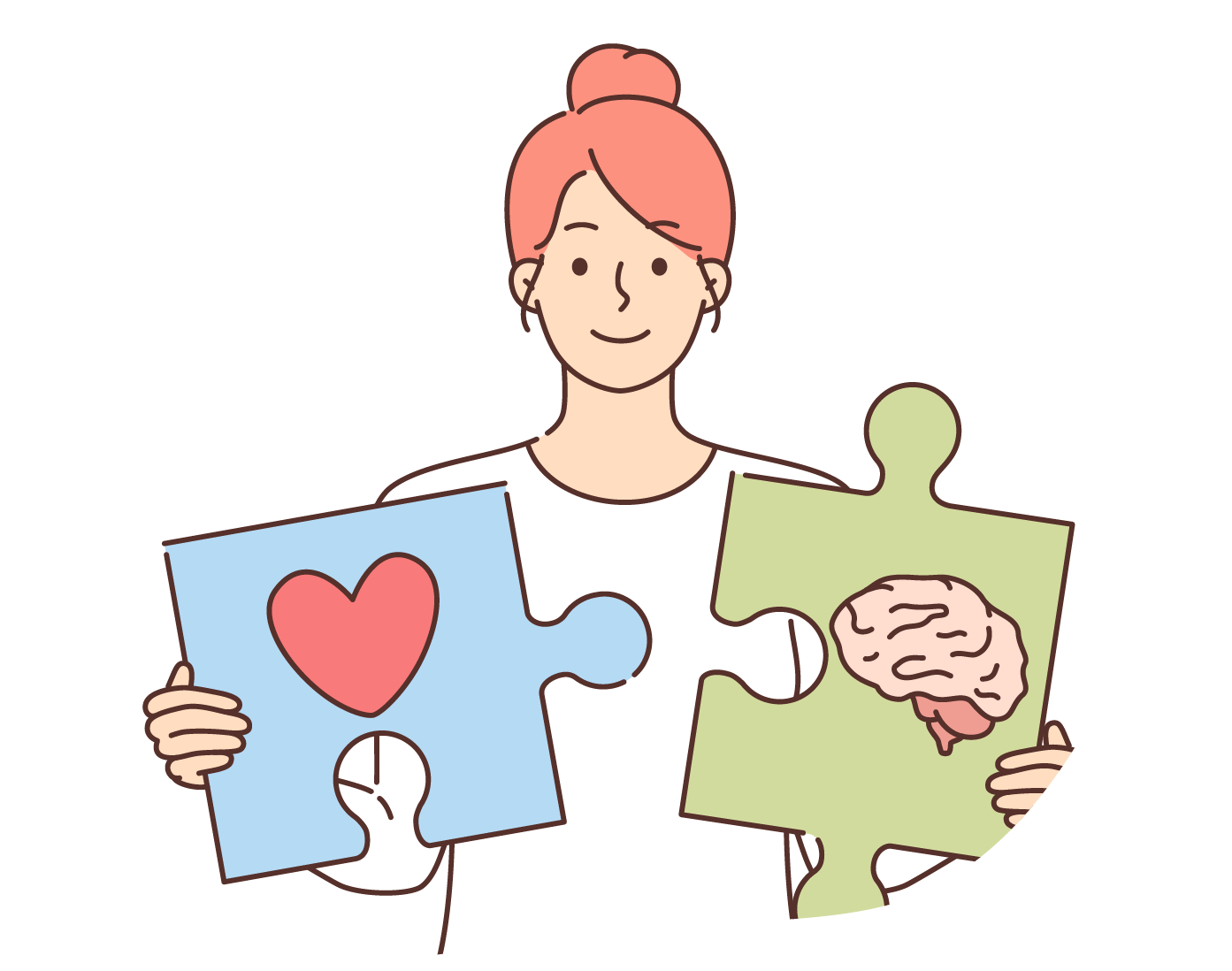
Chapter one
What are long-term effects of treatment for acute myeloid leukemia?
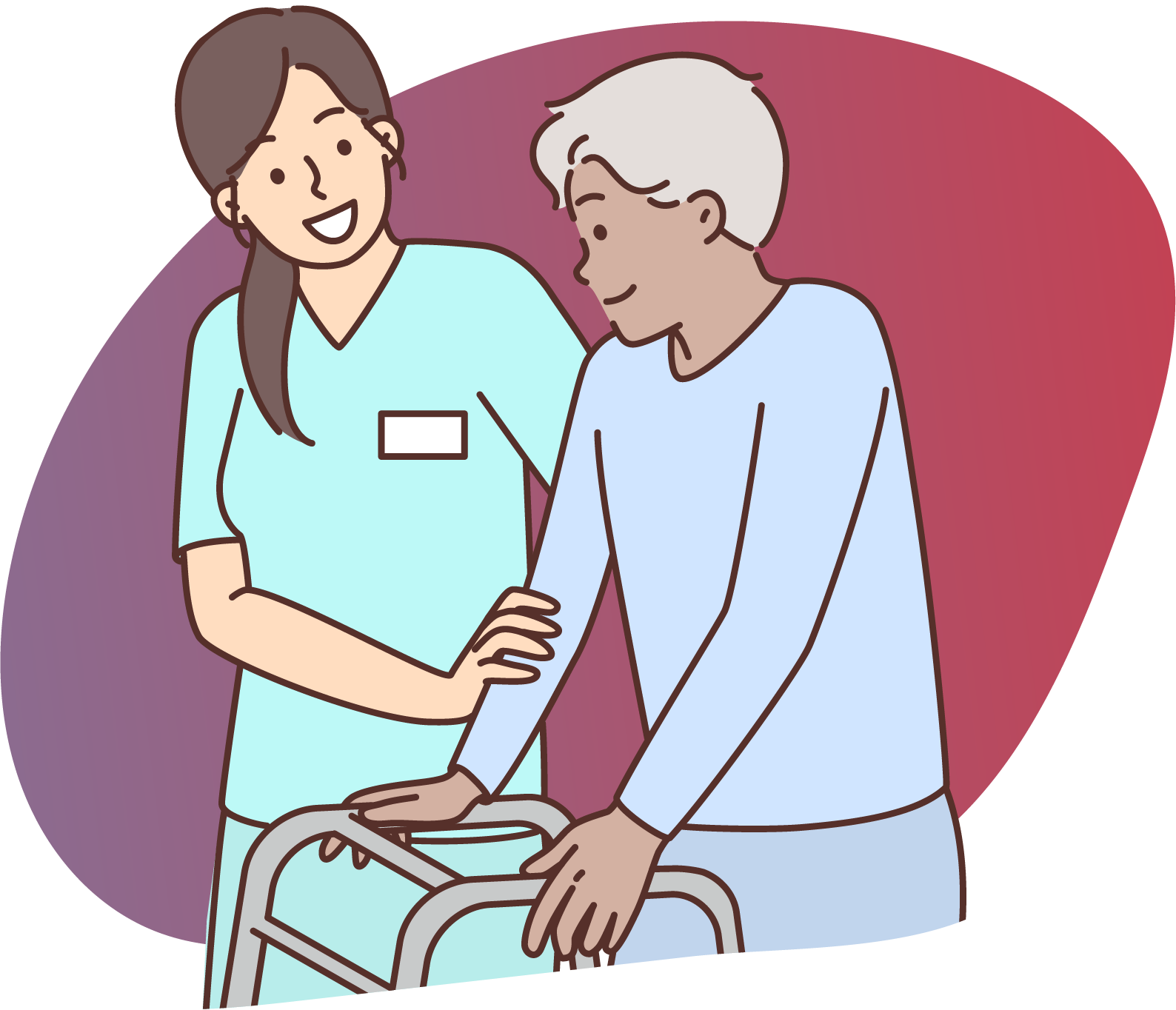
Long-term effects of acute myeloid leukemia treatment are health issues that can develop weeks, months, or years after the treatment is finished.
You may feel happy and relieved when your treatment ends, and it is natural to hope you will quickly feel “normal” again.
However, this feeling may not last, and it is important to take things gently and not rush yourself. It may take some time to heal physically and emotionally after treatment.
Chapter one
How likely are you to experience long-term effects of treatment?
Your likelihood of experiencing long-term effects from treatment for acute myeloid leukemia can be influenced by factors such as:
- The type of treatment you received
- The duration and intensity of treatment
- Your sex
- Your age
- Your overall health
Chapter one
Common misconceptions about the long-term effects of treatment
Once treatment ends, all side effects disappear.
TRUE
FALSE
There is no need for long-term monitoring if I feel healthy.
TRUE
FALSE
I will be able to return to my normal life.
TRUE
FALSE
Chapter two
Long-term effects of treatment on your body
Now that we understand what long-term effects of treatment for acute myeloid leukemia are, let’s look at how some of these can affect your body.
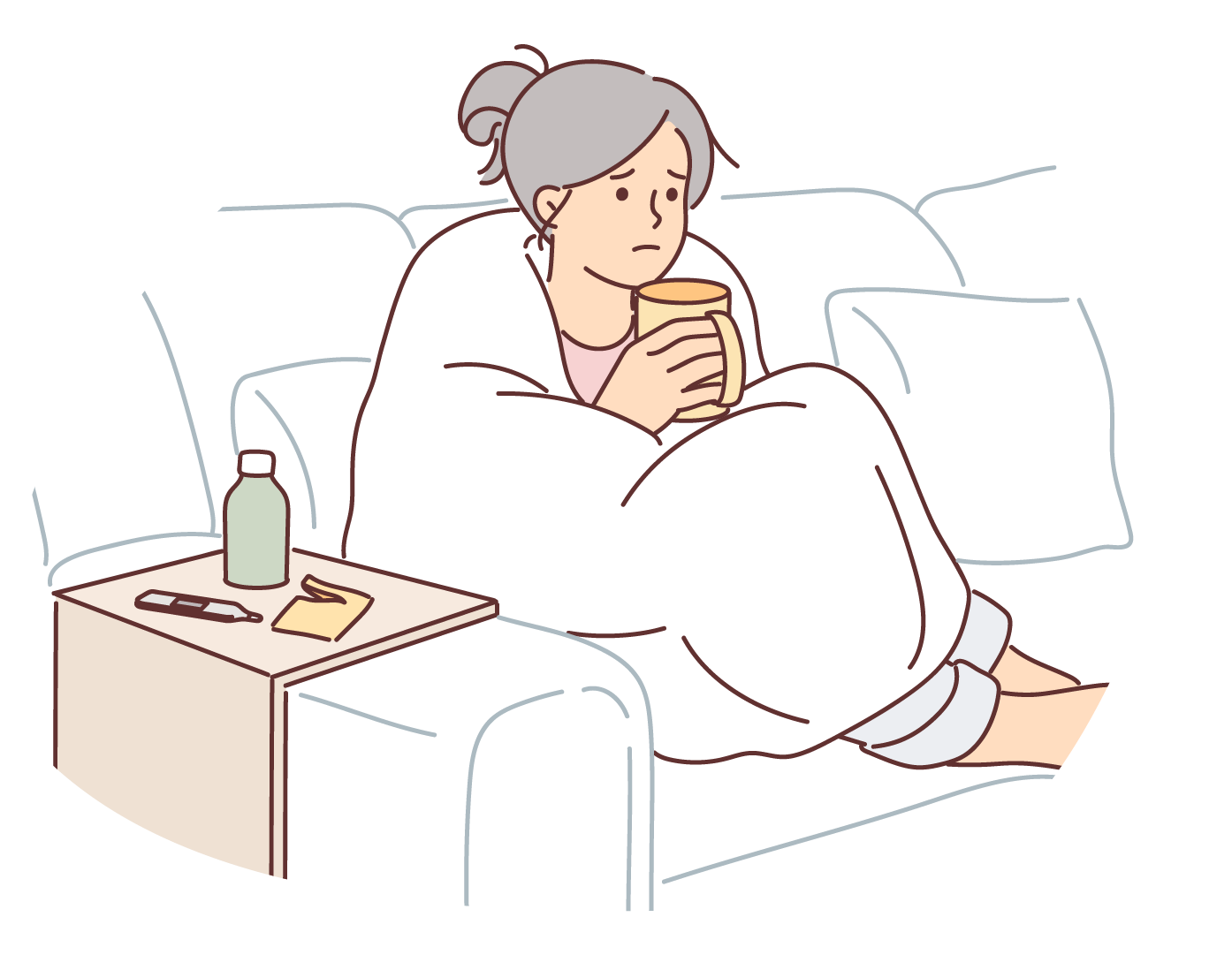
Chapter two
What long-term effects might you experience that affect your body?
- Fertility issues and early menopause
- Secondary cancers
- Lung problems
- Fatigue
- Low resistance to infections
- Heart problems
- Thyroid problems
- Osteoporosis
- Diabetes
- Growth delays in children
Chapter three
Long-term effects of treatment on your mind
It is just as important to be aware of changes to your mind as well as your body, so now let’s look at symptoms you might experience that could affect your mental health and your cognitive skills.
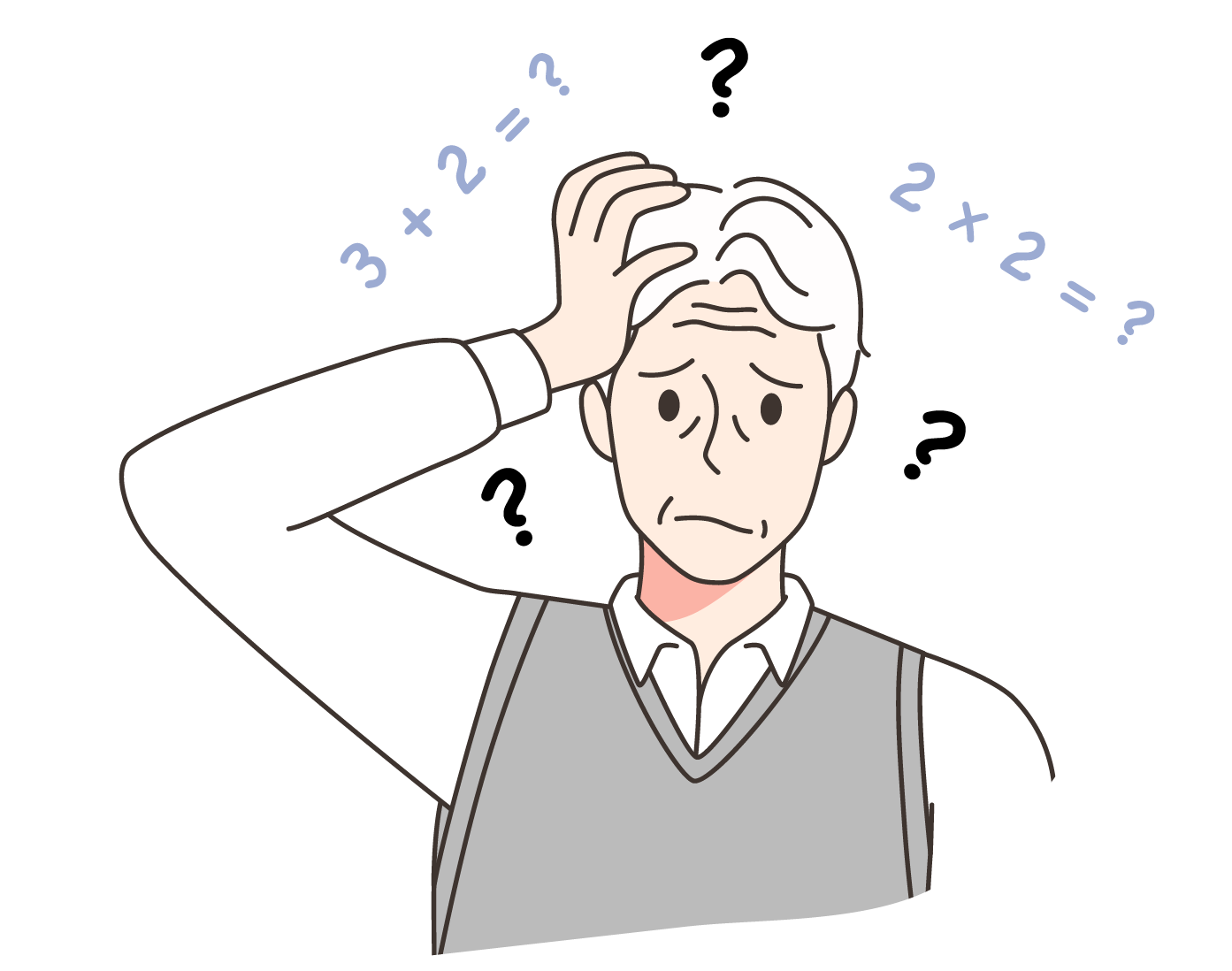
Chapter three
How might your mental health be affected?
Your mental health may be affected after treatment for acute myeloid leukemia, so it’s important to talk about your psychological symptoms with family and friends, and your healthcare provider, so they can help. The long-term psychological effects you might experience are:
- Depression
- Anxiety
- Post-traumatic stress
Chapter three
What long-term cognitive changes might I experience?
After completing your treatment, you may notice changes in your memory, way of thinking, and ability to concentrate. These changes are called mild cognitive impairment or cognitive dysfunction, often known as “chemo brain” or “chemo fog”. Common symptoms include:

Forgetting things you would usually remember
Struggling to find the right word or name for something
Having trouble following conversations
Difficulty focusing or concentrating on one task
Finding it hard to multitask
Having trouble with tasks that used to be easy, such as doing simple sums in your head
Feeling confused or disoriented
Experiencing mental cloudiness
Chapter four
Ways to cope and further resources
Now that you understand more about the impact treatments can have on your body and mind in the long term, let’s explore different ways to help cope with these effects.
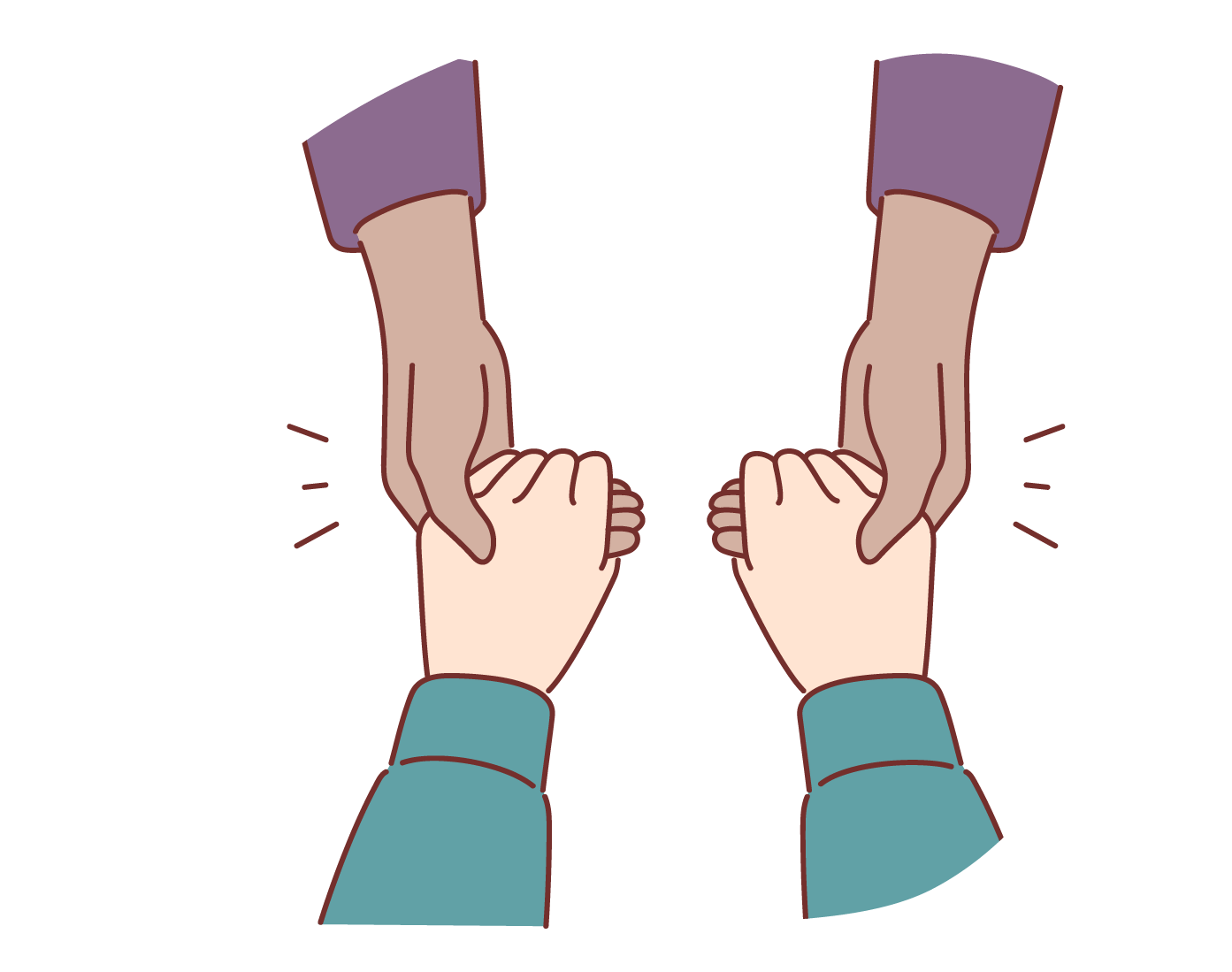
Chapter four
Coping with long-term effects of treatment
Talk to your healthcare team and discuss the challenges you are facing. They may recommend:
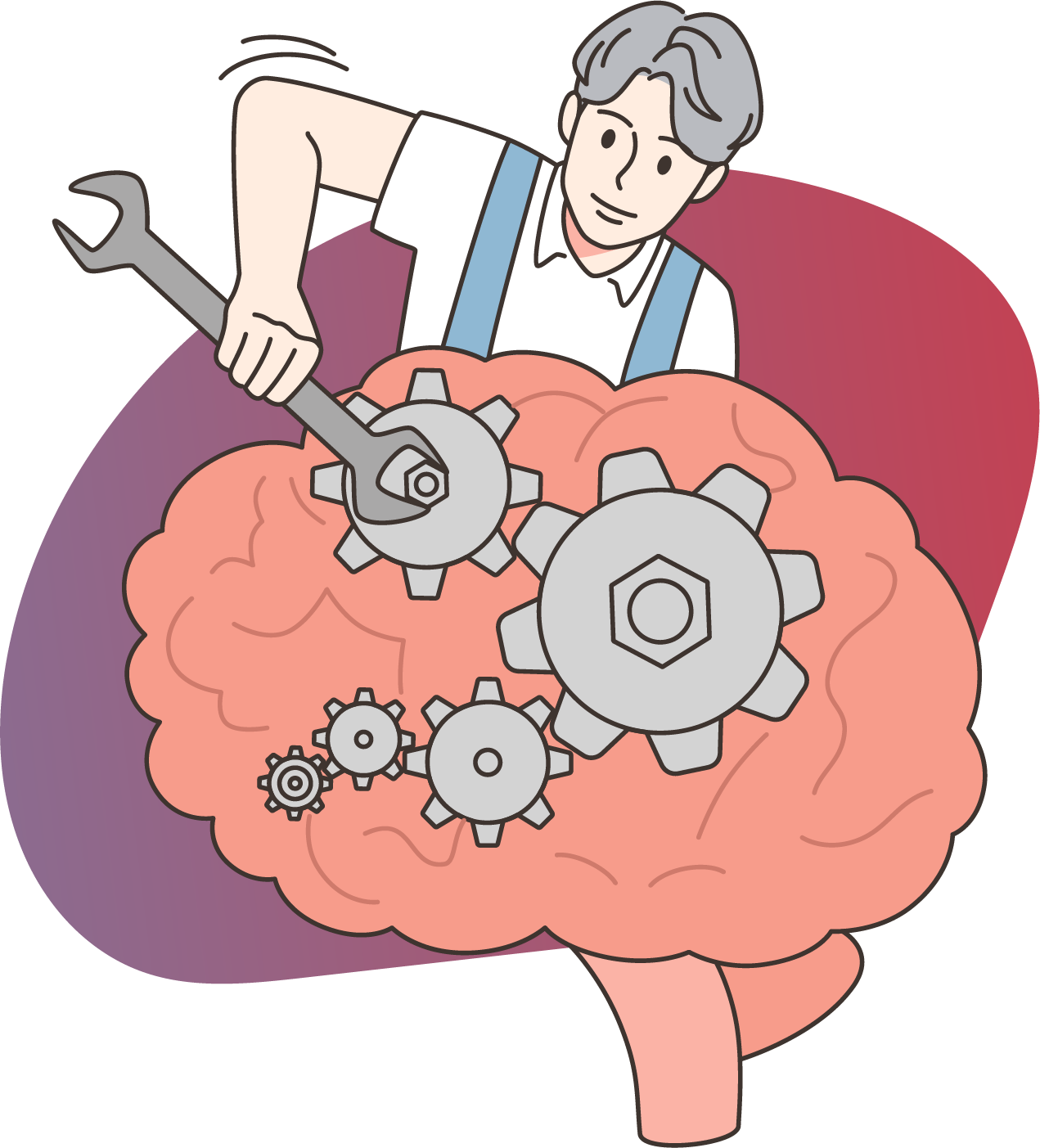
Cognitive training
Physical activity
Talking therapies
Mind–body training
Medications
Nutrition advice
Chapter four
Coping with long-term effects of treatment
Self-help tips to cope with cognitive changes
Use a reminder system, such as a calendar, daily planner, or mobile app, to keep track of your appointments
Always place important items, such as your car keys, phone, and planner, in the same place so you can easily find them
Try to limit distractions when focusing on tasks
Aim to get some movement or exercise every day, if possible
Allow yourself extra time to complete tasks, both personal and at work
Avoid trying to do multiple things at once
Avoid alcohol or substances that can affect your thinking
Ask for help when you need it
Be open and honest with your healthcare team, family, and friends about any challenges you are facing
Chapter four
Coping with long-term effects of treatment
Mental health
Keep a record of any symptoms you experience that are affecting your mental health. Communicate openly with your healthcare team, as well as with your family and loved ones.
Watch: Vanessa Marais, a clinical psychologist from South Africa, discusses ways to look after your mental health during different stages of acute myeloid leukemia.
Chapter four
Coping with long-term effects of treatment
Nutrition
A healthy diet can support your body to heal and maintain your strength.
Watch: Katie Walker, a dietitian at King’s College Hospital NHS Foundation Trust in the United Kingdom, discusses food recommendations for patients after a transplant to prevent long-term complications.
Chapter four
Coping with long-term effects of treatment
Physical activity
Engage in regular physical exercise and movement when approved by your healthcare team.
Watch: Erik Aerts, a specialist nurse from the University of Zurich in Switzerland, discusses the importance of physical exercise after treatment.
Chapter four
Coping with long-term effects of treatment
Other self-care measures
Avoid smoking and ensure you are getting enough sleep. Consider trying complementary therapies, such as yoga, breathing exercises, acupuncture, aromatherapy, massage, and meditation.
Watch: Charlotte Tottman, a clinical psychologist from Australia specializing in cancer-related distress, discusses how self-care measures can aid in managing the side effects of chemotherapy and in living with acute myeloid leukemia.
Chapter four
Coping with long-term effects of treatment
Peer support
Connect with others who have been through acute myeloid leukemia. You can watch personal stories from our Know AML ambassadors where they share how they cope with the long-term effects of their treatment.
Watch: Anna Mamwell, a Know AML ambassador from the United Kingdom, shares her journey of embracing and adapting to a ‘new normal’.
Chapter four
Coping with long-term effects of treatment
Talking therapies
It can help to talk to a counselor, therapist, or social worker. You can also connect with others who have been through the same experiences, for example via a cancer support group, one-on-one peer support, or an online virtual group.
Watch: Melanie Stachelski, a cancer counselor, psychotherapist, and acute myeloid leukemia survivor from the United States, discusses practices to help manage mental health.
Resources, support, and further reading
Patient advocacy groups
Leukemia & Lymphoma Society (LLS)
Peer support groups
Leukemia Research Foundation Online Support Community
References
Blood Cancer UK. Blood cancer and infection. https://bloodcancer.org.uk/understanding-blood-cancer/treatment/infection-neutropenia-sepsis/blood-cancer-and-infection Accessed Mar 20, 2025.
Blood Cancer UK. Fertility problems. https://bloodcancer.org.uk/understanding-blood-cancer/treatment/side-effects/fertility-problems/#will-treatment-affect-my-fertility Accessed Mar 20, 2025.
Cancer Research UK. Coping with cognitive changes (chemo brain). https://www.cancerresearchuk.org/about-cancer/treatment/cancer-drugs/side-effects/chemo-brain/treatment-coping Accessed Mar 20, 2025.
Cancer Research UK. Long term side effects of treatment for acute myeloid leukaemia (AML). https://www.cancerresearchuk.org/about-cancer/acute-myeloid-leukaemia-aml/treating-aml/side-effects-aml/long-term-side-effects-treatment-for-aml Accessed Mar 20, 2025.
Leukaemia Foundation. The duration and intensity of treatment. https://www.leukaemia.org.au/blood-cancer/types-of-blood-cancer/leukaemia/acute-myeloid-leukaemia/treatment-side-effects Accessed Mar 20, 2025.
Leukemia & Lymphoma Society. Chemobrain. https://www.lls.org/treatment/managing-side-effects/chemobrain Accessed Mar 20, 2025.
Leukemia & Lymphoma Society. Long-term and late effects of treatment. https://www.lls.org/leukemia/acute-myeloid-leukemia/childhood-aml/long-term-and-late-effects-treatment Accessed Mar 20, 2025.
Storey S, et al. Curr Geriatr Rep. 2017;6(4):247-254.